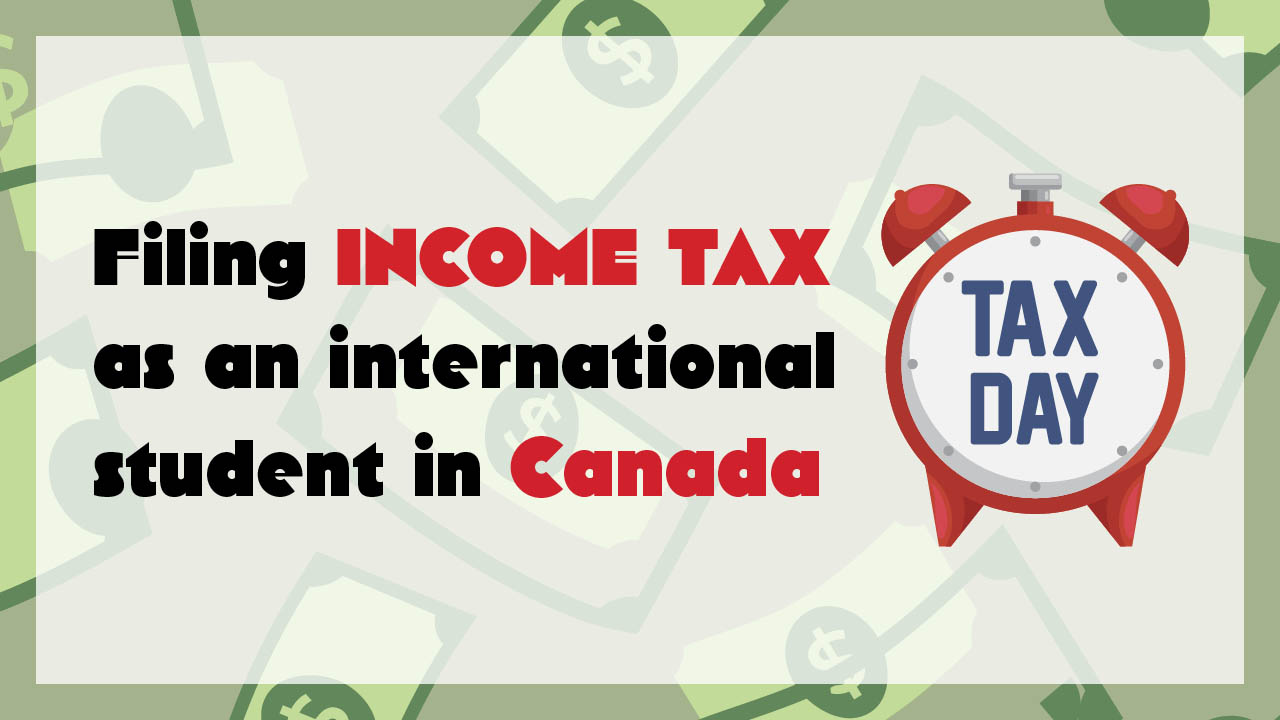Filing income tax as an international student in Canada
 CREDIT: FSU PUBLICATIONS AND COMMUNICATIONS DEPARTMENT
CREDIT: FSU PUBLICATIONS AND COMMUNICATIONS DEPARTMENTFiling income tax can sound intimidating if you’ve never done it before and don’t know where to begin. Moving to a new country takes time, navigating your new surroundings and getting acquainted with provincial laws. This article features a retired accountant and accounting firm owner, Joe Bettencourt (CPA, CGA, MBA, CPA – Delaware), who explained some of the common questions international students may have in regards to filing their taxes.
Firstly, what does it mean to file taxes in Canada? Canadian tax returns are the mandatory forms that must be submitted to the Canada Revenue Authority (CRA) each year for anyone earning an income in Canada.
Whilst this is true, Bettencourt explained that international students should file a tax return yearly whether they are working part-time, full-time, or not working at all. The reason for this is because students may be eligible for “various tax credits,” where the CRA will send a refund.
To file an income tax return there are a few options you can use:
- A tax preparation software such as TurboTax
- Hire an accountant to do it for you
- File yourself
“The biggest risk in filing taxes on your own, is not knowing all the tax rules, benefits, and deductions they may be entitled to,” said Bettencourt. “As a result, they may lose out on substantial refunds and future benefits.”
One of the suggestions Bettencourt gave for students who wish to file their taxes on their own, is to familiarize themselves with the taxation rules in order to receive the full benefits offered.
Most international students in Canada have the hope of applying for status post-graduation. Students may question of whether or not having your taxes filed correctly will have an impact on the application process for permanent residency.
“I think that filing a tax return shows that you recognize the importance of complying with the tax laws,” said Bettencourt. “But most importantly, it could demonstrate that you may have relevant work or job experience in your specific field.”
If filing your taxes can potentially give you back money and also potentially help with the process of obtaining permanent residency, why not do it?
One of the tips that Bettencourt gave for international students filing taxes was to make sure all documentation such as tax receipts, medical, donations, earnings information, rent receipts, tuition receipts, and others, are retained as it may be needed in the return.
“Filing a tax return in addition to the benefits stated above would immediately start accumulating your earnings to qualify for Registered Retirement Savings Plan (RRSP) deductions in the future, and possibly Canada Pension Plan (CPP) in future years should one become a permanent resident,” said Bettencourt.
The last day to file taxes is on Tax Day, which is usually the last day of April. Once students gather all the necessary documents to file, they can. It is important for students to remember that there are services offered such as the Fanshawe Student Union (FSU) tax clinics held by the Fanshawe Accounting Association, that can assist in any taxation questions.















